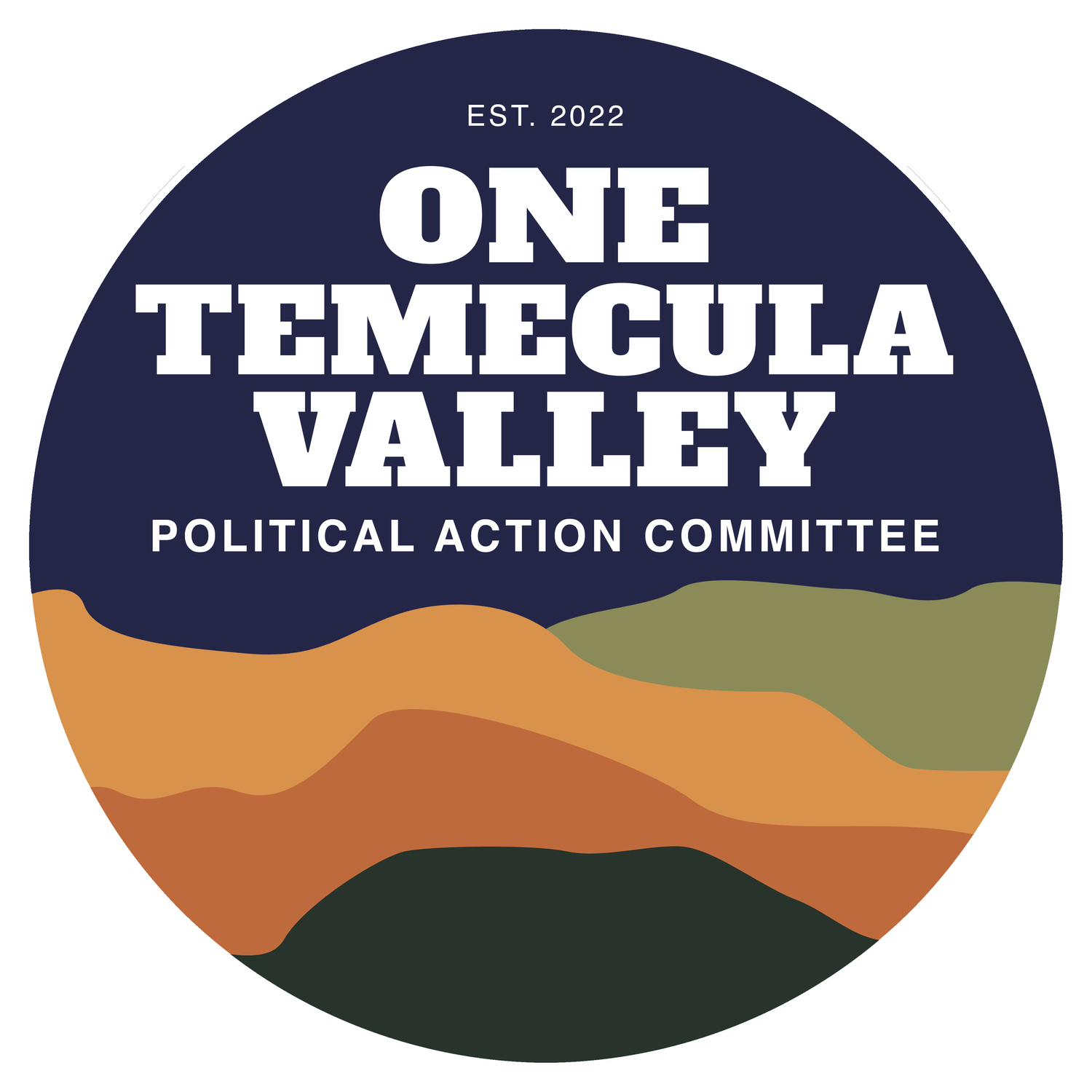Why Political Action Matters to Younger Generations
AI-assisted content
Political action is often viewed as the domain of older, more experienced individuals. However, younger generations have a critical role to play in shaping the political landscape, and their engagement is more important than ever. As the future inheritors of societal challenges and opportunities, young people hold immense power to drive change, challenge the status quo, and create a world that reflects their values and aspirations.
For younger generations, political action is a way to address the pressing issues they care about most. Climate change, student debt, affordable housing, social justice, and access to quality education are just a few of the challenges disproportionately affecting young people. By engaging in political action—whether through voting, volunteering, or organizing—young individuals can influence policies that directly impact their lives and the world they will inherit. Political action empowers them to advocate for solutions that prioritize their future.
Another reason political action matters to younger generations is the opportunity to amplify their voices. Historically, young people have been underrepresented in decision-making processes, despite being significantly affected by policies enacted today. By participating in political action, young individuals can ensure their perspectives and needs are heard. This involvement is especially critical in shaping long-term policies, such as those addressing environmental sustainability or healthcare reform, where their interests might otherwise be overlooked.
Political action also allows younger generations to hold leaders accountable. With access to social media and digital platforms, young people have unprecedented tools to monitor, critique, and influence elected officials. These tools provide a direct line to those in power, enabling young activists to organize campaigns, spotlight injustices, and demand transparency. In a world where misinformation can spread rapidly, the ability of younger generations to use technology for advocacy and education is a game-changer.
Engaging in political action fosters a sense of empowerment and agency. It reminds younger generations that their voices matter and that they have the ability to make a difference. Whether it’s attending a rally, contacting representatives, or signing a petition, each act of political engagement contributes to a larger movement. This sense of purpose can be especially motivating for young people navigating a world that often feels overwhelming or out of control.
Political action is also an opportunity for younger generations to shape the values and priorities of society. Every generation brings fresh perspectives and ideas to the table, and young people often champion progressive, inclusive, and innovative approaches to governance. By participating in political processes, they can challenge outdated systems and advocate for a future that aligns with their vision of equality, opportunity, and sustainability.
Moreover, political action builds community. Advocacy efforts often bring together individuals who share similar values, creating networks of support and collaboration. For younger generations, these connections can be instrumental in fostering solidarity and resilience. Through collective action, young people can learn from one another, grow as leaders, and strengthen their impact.
Ultimately, political action matters to younger generations because it is a vehicle for change. The world is rapidly evolving, and the decisions made today will shape the realities of tomorrow. By stepping into the political arena, young people can influence the trajectory of society, ensuring it reflects their hopes and dreams. They have the passion, creativity, and determination needed to address the challenges of the future, and their political engagement is essential for building a more just and equitable world.
The power of younger generations lies in their ability to see the world as it could be and to work toward making that vision a reality. Political action gives them the tools to transform their ideals into tangible outcomes, proving that no voice is too small and no effort is too insignificant to make a difference. For young people, political engagement is not just a right—it is a responsibility, and one that has the potential to change the world.


